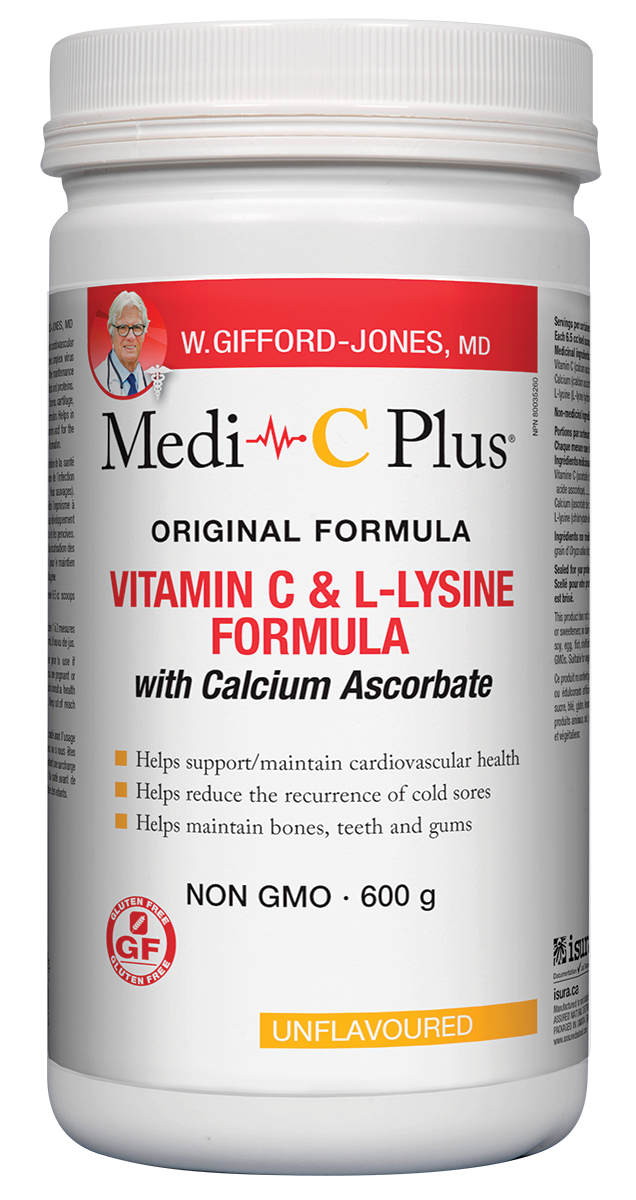ASSURED NATURAL DISTRIBUTION
MEDI C + CALCIUM UNFLAVOURED 600G DR. GIFFORD JONES
MEDI C + CALCIUM UNFLAVOURED 600G DR. GIFFORD JONES
Regular price
$59.49
Regular price
$0.00
Sale price
$59.49
Unit price
per
Shipping calculated at checkout.
Couldn't load pickup availability
- Produces healthy collagen
- Dissolves cholesterol deposits
- Reduces the risk of cardiovascular disease
- Increases blood flow to coronary arteries
- Prevents formation of free radicals
Humans do not make Vitamin C like animals do, we need to supplement this essential vitamin to meet our daily needs. Vitamin C and Lysine work together to build collagen, which strengthens and holds together the coronary cells. Inadequate amounts of Vitamin C means poor collagen. Coronary cells then fall apart just as bricks do without good mortar. Coronary arteries, closest to the heart, receive the greatest pressure. Without enough Vitamin C the collagen weakens. This sets the stage for heart attack. The work of Dr. Sydney Bush shows that vitamin C + lysine can help reverse the process.


